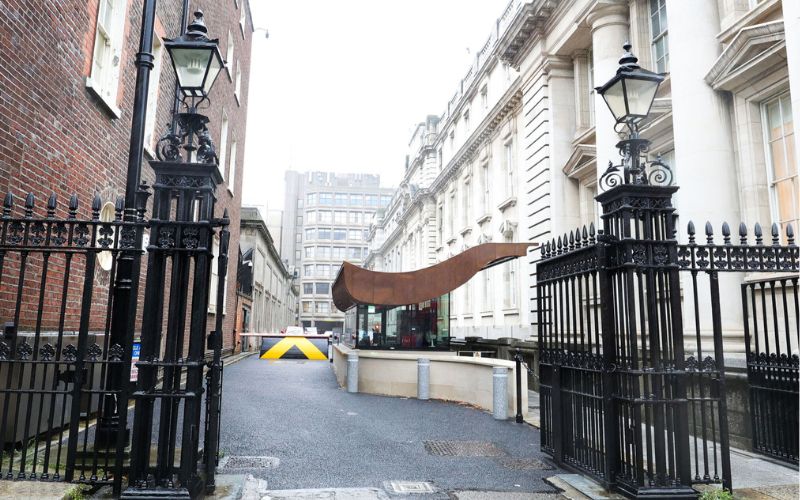The Catholic Church in Britain is attempting to force through a legal precedent which would deny victims of clerical sexual abuse the right to sue the church for damages. The Irish church may seek to follow.
If the landmark judgment in the UK’s High Court goes in favor of the Church, then victims of sexual abuse by priests will no longer be able to seek compensation from the Catholic Church.
A little publicized case in London’s High Court has heard lawyers for the Church claimed that it is not ‘vicariously’ liable” for the actions of its priests.
The argument has been utilized by the Church in the past but never in an open court and both lawyers and victims fear it will set a legal precedent with repercussions across the world.
Observers also claim the attempt to use the liability argument questions whether or not the Vatican is prepared to accept culpability for the sort of abuse outlined in the Cloyne Report.
Irish President Mary McAleese has already said the Church needs to: “Urgently reflect on how, by coherent and effective action, it can restore public trust and confidence in its stated objective of putting children first.”
British victims of clerical sex abuse have reacted with dismay to the defiance presented by their Church at the High Court hearing.
“As children, we weren’t given an innocent, carefree and safe environment,” one victim told the Guardian newspaper.
“We weren’t given a peaceful structure in which to grow and develop normally. By some miracle, some of us are still here to voice the words of so many who can’t.
“Only a small number of victims ever come forward. The full potential of who we could have been as adults has been stolen.”
Legal representatives of the victims have also condemned the Church’s defense in this case.
Lawyer Richard Scorer, who specializes in abuse cases, said: “I think the Catholic Church’s attempt to avoid responsibility for the abhorrent actions of one of its priests is nothing short of scandalous.
“The Catholic church would be better served by facing up to its responsibilities rather than trying to hide behind spurious employment law arguments.”
The argument has been presented by the Church at a preliminary hearing into the case of a victim who claims to have been sexually abused on a regular basis by a visiting priest while a six-year-old resident at a children’s home in Portsmouth run by nuns belonging to the English Province of Our Lady of Charity.
“If we fail, it would mean that no other victims of Catholic priests would be able to be compensated,” said Tracey Emmott of Emmott Snell, a specialist in working with sexual abuse claims who is representing the victim in the case.
“They claim that the relationship between the bishop of the diocese and the parish priest in question does not amount to anything akin to a relationship of employment, and therefore there cannot be any ‘vicarious liability’ for the priest’s acts.
“That is to say, whatever sexual abuse their priests might commit, it is not their responsibility. They are absolved of blame.
“We need to show that, while Father Baldwin wasn’t strictly an employee of the church, he was acting on the bishop’s behalf and that the bishop clearly had a degree of control over his activities.”
The priest named in the case died of a heart attack in 2006.




Comments